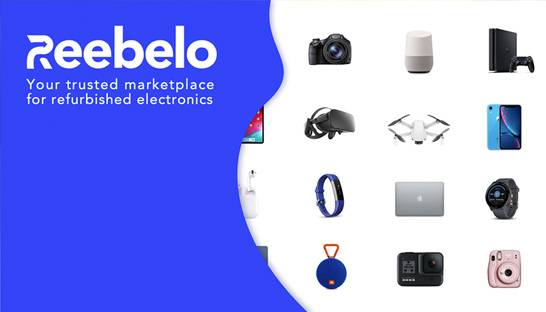
Ethereum is not anymore a new word, even among people who are not familiar with blockchain and cryptocurrency. With a huge market cap of more than $44 billion (instrumented by the recent surge in Ethereum price), Ethereum is recognized presently as the second-largest cryptocurrency that is. Ethereum is not just a currency; it is also a platform that allows other blockchain applications to be built on it.
However, to fully understand Ethereum, there is a need to first properly understand what a smart contract is. So in this post, we will be talking about what smart contracts are and how they work.
What Is Smart Contract?
In simple words, a smart contract is a form of agreement between two people in the form of computer code. The codes are run on the blockchain, so they are stored on a public database and cannot be changed.
Smart contracts enable the transfer of everything – from bitcoin and fiat currency to goods transported around the world. But these transactions are processed by the blockchain, which means they can happen without any need for a third party or middleman. However, transactions in smart contracts only happen when the conditions in the agreement are met.
How Do Smart Contracts Work?
If a smart contract is an agreement between two people, allowing them to make transactions without a third party, then how exactly does it work? Let’s look at some examples to clearly understand how a smart contract work.
Imagine John wants to sell his car to Mike. An agreement will be created on the Ethereum blockchain using a smart contract. This will be the agreement between the two of them, which will look like: “WHEN Mike pays John 200 Ether, THEN Mike will receive ownership of the car”.
Once this contract is created, it cannot be changed – that means unless John received the 200 Ether from Mike, the car will not be Mike’s. That way, John will feel safe that he will get his money and Mike won’t be afraid to commit his money because he will definitely receive the car after payment.
Here, a smart contract is removing the need of any third party, hence removing any fees they could have paid third-party companies like the bank, a lawyer, or car brokers. That means it also saves time on transactions.
Furthermore, since these transactions happen on blockchain technology, they ensure more trust and fairness. Blockchain technology is decentralized and not controlled by any one person or organization – even the government.
This is just one example of how smart contracts can be used and how they work.
When Were Smart Contracts Invented?
The idea of smart contracts was first proposed in 1994 by Nick Szabo, an American cryptographer. He proposed the idea that contracts can be recorded in the form of computer code, which will be automatically activated when certain conditions are met. This idea could potentially remove the need for trusted third-party companies such as banks.
However, even as brilliant as the idea was back then, smart contracts weren’t introduced into blockchain until 2009. And in 2015, Vitalik Buterin, the founder of Ethereum introduced the first working smart contracts.
Some Advantages of Smart Contracts
· #1: Autonomy
With smart contracts, everyone can enjoy the autonomy they deserve in their transactions. There is no more need for a third-party intermediary or facilitator, essentially giving you full control of the agreement.
· #2: Savings
Since there is no longer any need for intermediaries like the bank, estate agents, advisors, and many more, that means you won’t need to pay any transaction fee again on your transactions, which sometimes, can be exorbitant.
· #3: Trust
With smart contracts, no one can steal or lose your documents. They are encrypted and safely stored on a secured, shared ledger. The unbiased system of smart contracts essentially takes care of trust issues between people making a transaction.
· #4: Safety
With the complex cryptography employed in smart contracts, they are extremely difficult to hack.
· #5: Efficiency
With the removal of middlemen, smart contracts help you save lots of time that would have normally be wasted processing heaps of documents, sending or transporting them to specific places.
Some Industries Presently Benefiting From Smart Contracts
Insurance companies
In 2017, two popular insurance companies, Axa Insurance in France and Atlas Insurance in Malta. They made smart contract prototypes that compensated airline customers if their flights were delayed. That means when a customer’s flight is delayed, he is automatically compensated for that.
Health systems
The health industry now uses smart contracts to record and safely transfer data. A medical industry like EncrypGen, for instance, uses an application that uses smart contracts to transfer patient data in a secure way, allowing no access from third parties. That way, patients get to decide if they want their data shared with researchers and also get paid if they agree to that.
Business management
Businesses can benefit from smart contracts in several ways. For instance, they can use it to take care of staff payrolls. Their staff will automatically get paid at an agreed time of the month. That will remove the likelihood of late payment and no staff will ever be unpaid.
Real estate
With smart contracts, middlemen like Craigslist or newspapers are removed when you are looking to rent an apartment. You only need to make a smart contract with a broker or someone to help you get an apartment. Immediately he finds one you love – that meets your needs according to the specifications in the contract, the money is automatically released to the broker. That way, everyone profits.



